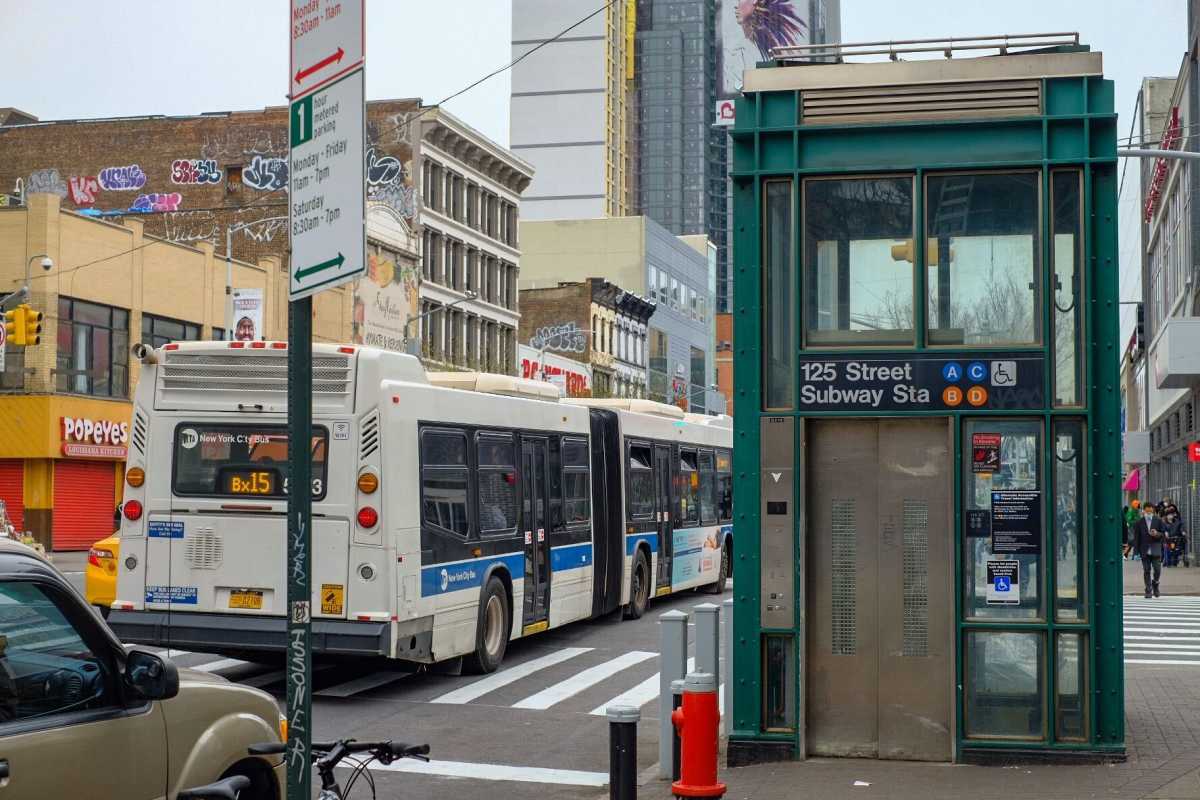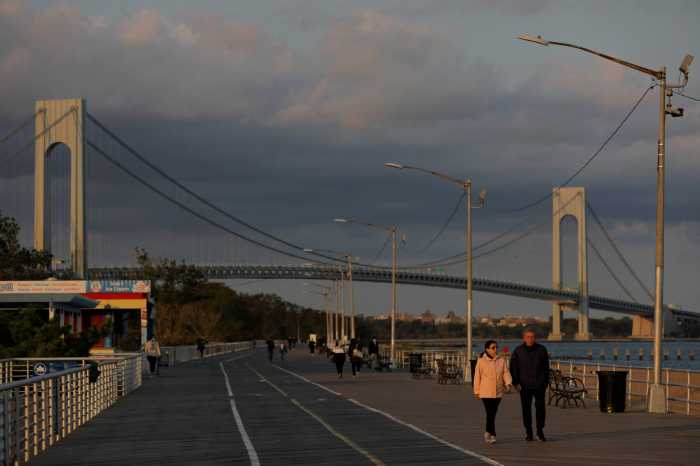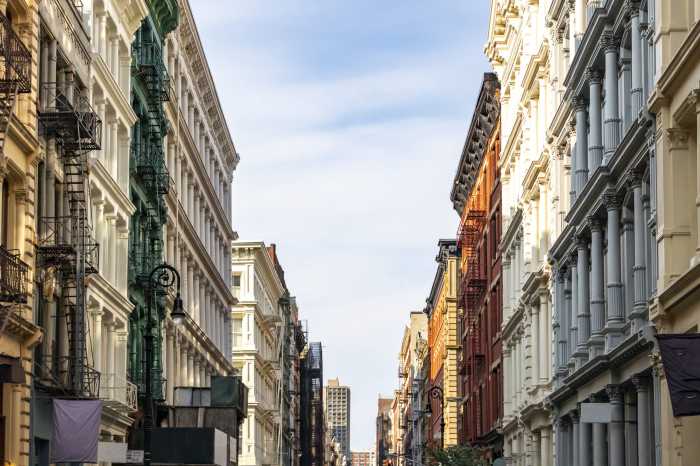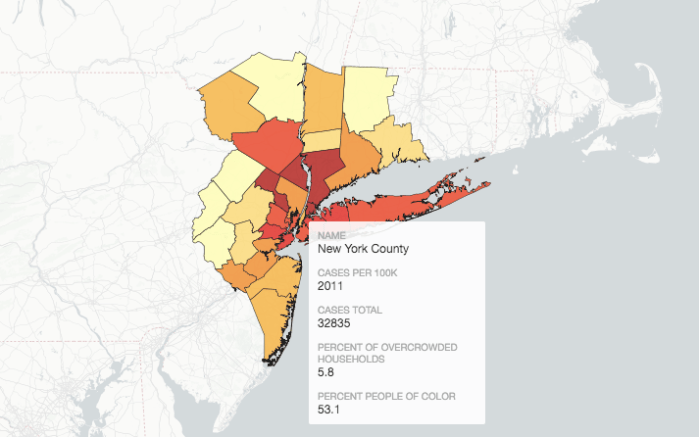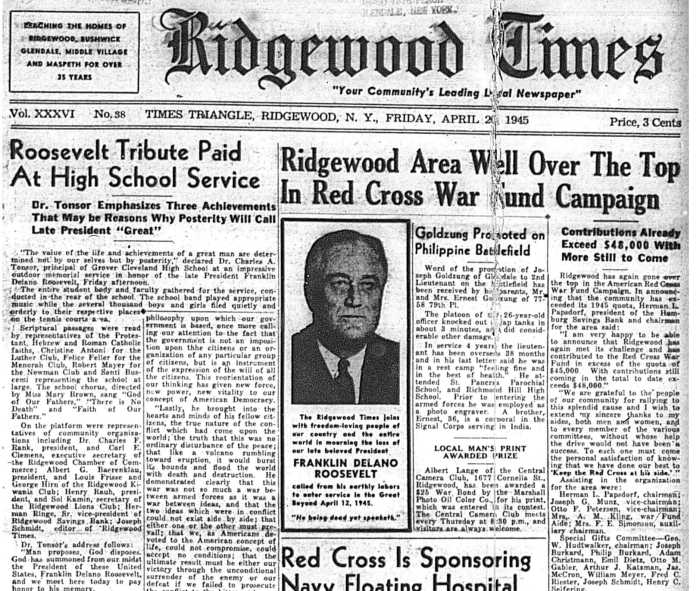The Regional Plan Association’s latest findings point to investments in transportation, housing and fighting climate change could generate up to 250,000 jobs every year in the Tri-State region, likely fueling a recovery.
The report released Tuesday by the name Infrastructure for Recovery and Renewal: How A Federal Infrastructure Program Can Lift the New York-New Jersey-Connecticut Metropolitan Area, the RPA argues that emergency funding for NYCHA, MTA, NJ Transit, and PANYNJ capital improvement projects would achieve was has been stalled for years while serving as a channel for an economic rebound from COVID-19.
Some specific projects in the works include mention of expediting the Gateway Program, moving congestion pricing forward as well as offshore wind developments as outlined in Governor Andrew Cuomo’s 2021 State of the State.
“The nation’s recovery demands a bold, comprehensive infrastructure program–one that puts people back to work and promotes health by addressing conditions in the built environment that made communities so susceptible to COVID-19,” Tom Wright, President of the Regional Plan Association, said. “In previous moments of crisis, the federal government provided leadership and support our region needed to create a more prosperous future. Now is the time for a recovery package that jump-starts our recovery, addresses racial and economic inequities, and prepares us for climate change challenges and future public health emergencies.”
According to a separate study completed by NYU Wagner, up to 80% of major projects by agencies throughout the region would be “shovel-ready” by the time funding from the federal government was approved with the most recent stimulus bringing about $14 billion to transit agencies nationwide.
The MTA’s $51 billion 2020-2024 capital plan adopted just weeks before COVID-19 wrecked the agency’s finances and making this mass of projects to modernize the New York City Transit system could possibly get underway with the right kind of attention from Washington, Wagner claimed.
“As the MTA and people from both sides of the aisle have said, there will be no national recovery without strong mass transit,” an MTA statement read. “We look forward to working with President-elect Biden, Senate Majority Leader Schumer and Speaker Pelosi to secure additional needed funding for mass transit and we thank RPA for their important work on this issue.”
The agency would need up to $22 billion to commence with some of the projects under this plan with about $36 billion being what the institution regards as shovel-ready, the study said.
One aspect of the MTA’s capital plan that it has been spared no pressure to advance in the development of 70 stations meeting ADA accessibility through new elevators and ramps. This is said to cost $5.1 billion.
Other priorities mentioned by the RPA include:
-
All $37.6 billion in NJ Transit’s ten-year capital plan.
-
$18 billion of Amtrak’s $32 billion Northeast Corridor Capital Investment Plan.
-
$1.8 billion of the Gateway Program’s Portal North Bridge project.
-
All $6.7 billion in NYCHA’s 2019-2023 capital plan.
The transition of power in the White House has acted as a signal of hope for MTA officials who Monday night announced they would be postponing a Jan. 21 vote by the board to increase fares by 4%, claiming President-elect Joe Biden taking the reins on Wednesday and Senator Chuck Schumer leading a Democratic majority would mean cash in their pocket for operations.
The MTA faces a $12 billion deficit by 2024 due to decreased ridership from COVID-19.



